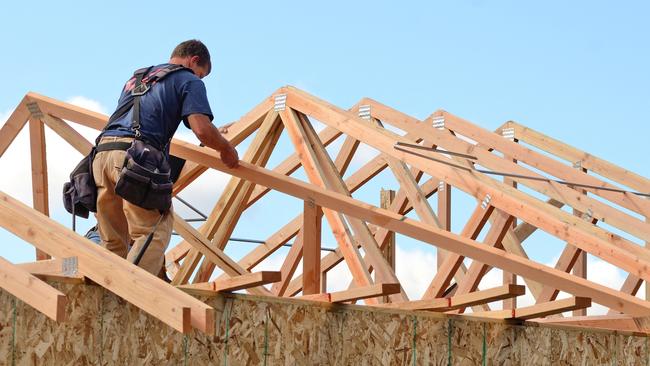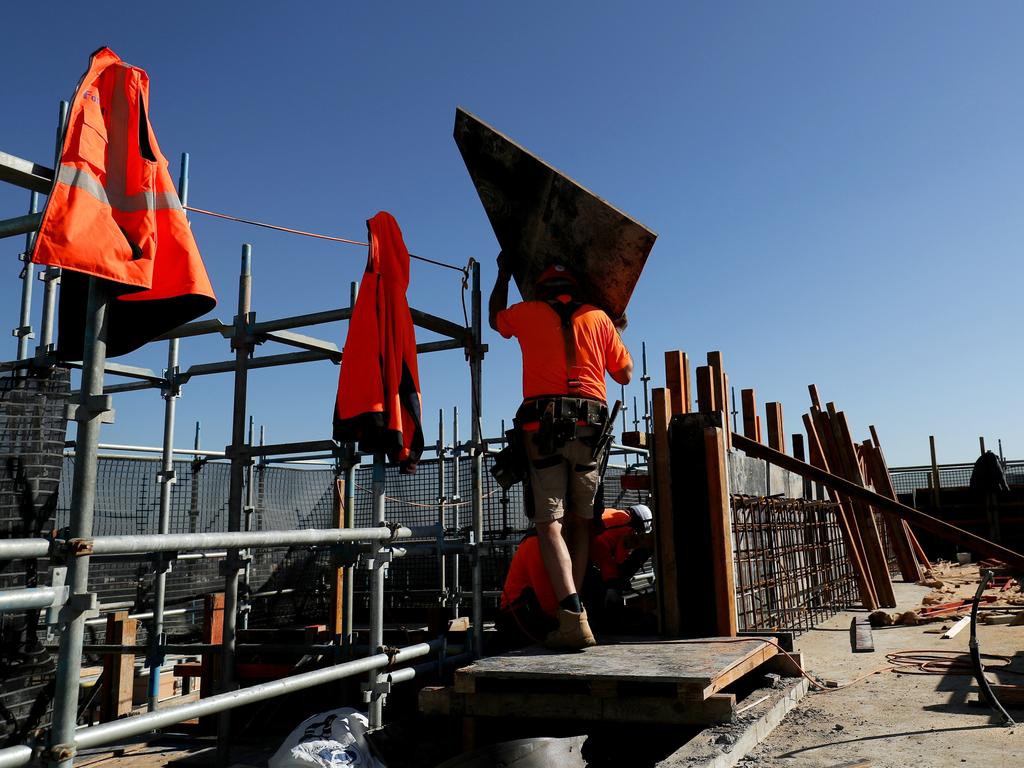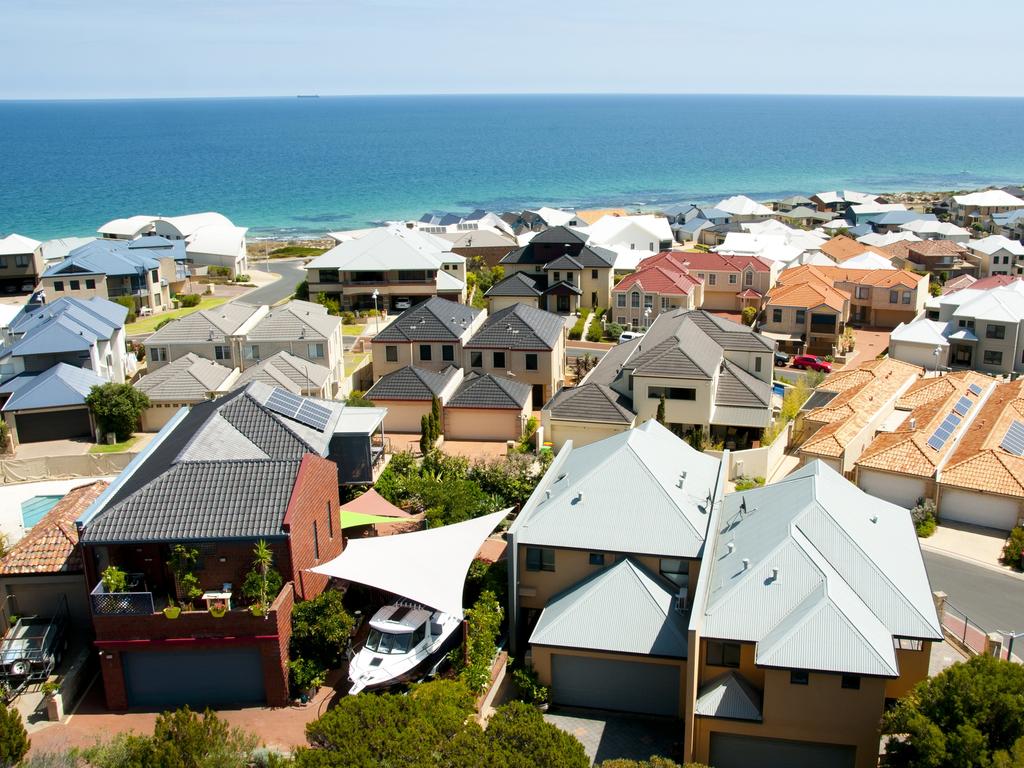Budget 2022: Property leaders have super anxieties
Property leaders say leveraging superannuation to solve the housing crisis with one million new homes could damage funds’ returns.

Property leaders say leveraging superannuation to solve the housing crisis with one million new homes could damage funds’ returns.
The industry broadly backed the plan of attracting more private and institutional investors to the sector to boost housing supply by 200,000 dwellings each year between 2024 and 2029 but said returns should not be compromised in pursuit of solving the affordability crisis.
Property Council of Australia national president David Harrison said the government should not be relying on super funds to back its housing initiatives, which are encouraging capital partnerships with the private sector.
“This is a really dangerous political game in putting a sledgehammer to the Aussie super fund sector,” Mr Harrison said at the Property Council’s member’s congress on the Gold Coast.
“It’s not their money.”
Mr Harrison, who is chief executive of Charter Hall, which has close ties with super funds, said returns would need to be sufficient. “There can’t be a suggestion that super funds take lower returns because it’s not their money; it’s the members’ money.
“There needs to be a regime that’s going to give them a reasonable return versus the alternatives they can invest in. Otherwise, this will become quite political over the next few years.”
Property executives said super funds were supportive but sceptical about how the plan would work. One said they would not support smaller projects but would chase larger deals in the US where they could place $500m into build-to-rent mandates.
The government’s “Housing Accord”, which would complement the previously announced $10bn Housing Australia Future Fund, was backed by Real Estate Institute of Australia president Hayden Groves as the market grapples with a supply shortage but he conceded prices might fall as a result of the initiative.
“Government will need to be cautious about that, but if it’s left to the free market – particularly if large institutions and super funds get into this space – they will only get involved if there are reasonable returns and they will only do that if prices are firm,” he said.
The addition of new housing stock, not scheduled to get under way until 2024, was unlikely to alter the short-term downward trajectory of the housing market, AMP chief economist Shane Oliver said.
Mr Groves also noted the government’s five-year deadline to hit one million new homes was ambitious, given construction constraints that have plagued the market in recent months.
Jim Chalmers will meet with the Property Council of Australia in November.
UDIA national president Max Shifman said the budget helped remove barriers to delivering new homes, but now the “real work” needed to begin to develop the incentives, metrics and targets to boost delivery of development-ready land, expand private development and investment and co-ordinate housing delivery across governments.
Construction issues may be the biggest hurdle for the government to overcome, Adam Crowley, RSM Australia property and construction national leader, said.
“While the five-year, one million construction target – including 20,000 affordable homes - is a headline-grabbing KPI, the devil will be in the detail of how the construction sector will be engaged in the delivery, particularly when the sector has already delivered one million dwellings over the past five years without such stimulus,” he said.
“Labour supply and material shortages combined with inflationary pressures and rising interest rates are curbing new building activity, which is adding to an overflowing pipeline of work.
“Labour shortages are also biting, with more than 33,000 job vacancies and almost 30 per cent of businesses in Australia’s construction sector looking for new hires,” he said.
The value of building work yet to begin climbed 19 per cent over the past year to a record $126bn.
Jarden analyst Anderson Chow said plans to provide $350m funding over five years from 2024-25 “will be helpful to kick start co-investment with the private sector on constructing affordable housing or, potentially, build-to-rent housing”.







To join the conversation, please log in. Don't have an account? Register
Join the conversation, you are commenting as Logout